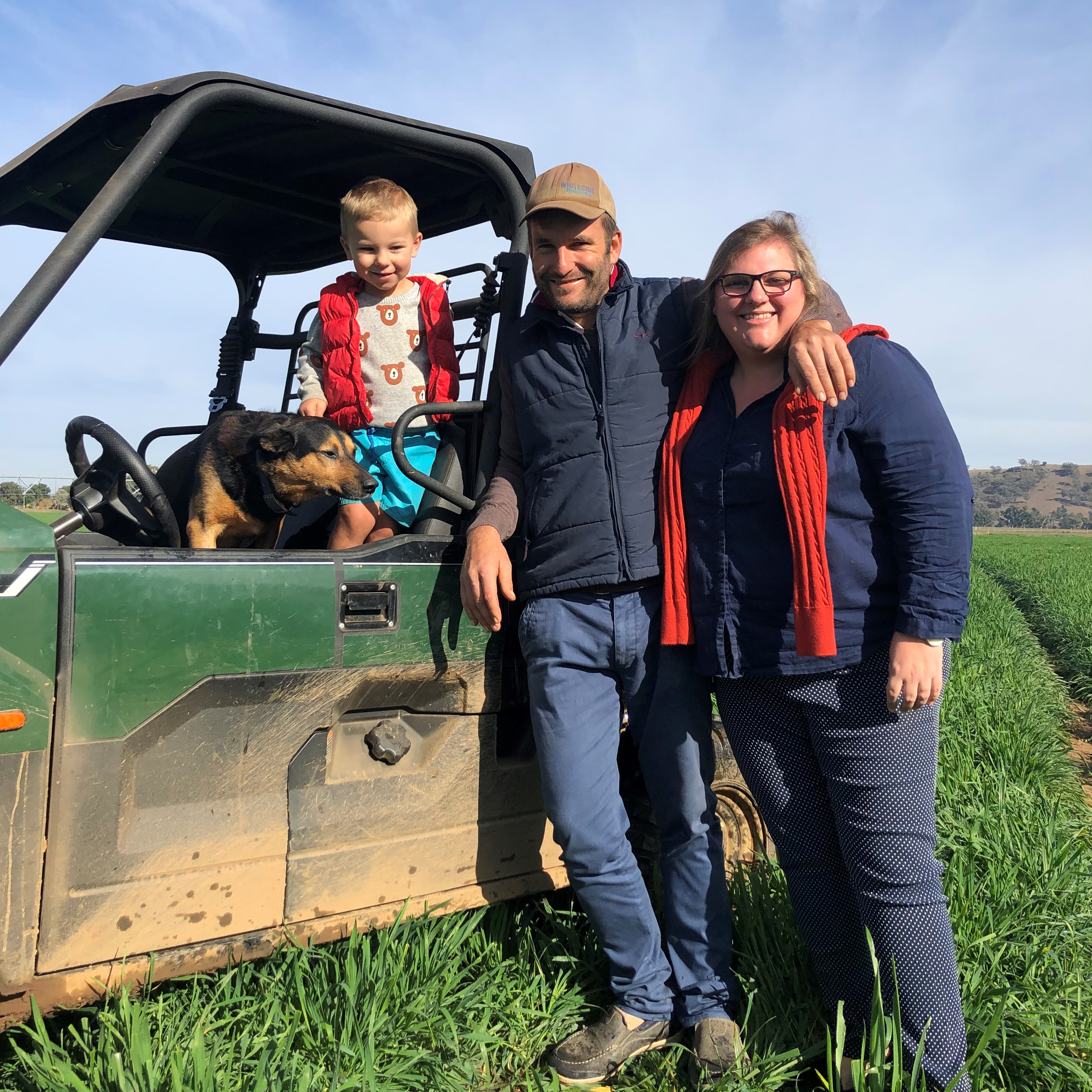Succession planning
Succession planning is the journey to come to an agreement that meets the needs and security of the exiting parties while also accommodating the hopes of the younger parties.It should be viewed as a process that takes time – sometimes several years - rather than being the result of one family meeting.
Although every situation is entirely unique, seeing succession planning as a process may assist in working through your scenario. The video and factsheet below guide you through the succession planning process from concept development, specialist input, family approval, implementation, and review.
Resources to download
Who can help?
Engaging the help of external experts is crucial during the succession process. It will ensure the journey covers the necessary business, financial and legal aspects of succession, as well as assisting with communication and relationships.No one advisor has expertise in all areas. Qualified professionals you may involve in your succession planning process include:
1) A financial or succession planning expert who specialises in the topic
2) A moderator or facilitator to help with family discussion
3) Your banker to help with finance questions and decisions
4) Your accountant who has a detailed history of your business and important tax and business structure knowledge
5) Your solicitor who specialises in family farming and taxation issues.
Resources to download
Common pitfalls
The experts we interviewed in the development of the Succession Toolkit shared with us the common issues they have witnessed in working with dozens of families. These include the attitude of young people entering the process, complacency and assumptions, putting off getting succession started, unprofitability of the farming business, promises and/or assumptions made, underestimating parent’s emotions and needs, not understanding the importance of the legal and tax implications of options, and not putting everything into a robust legal agreement.There is no silver bullet or well-defined way of ensuring that such problems do not arise. What may work well for one family will not work at all for another! However, common advice from the experts was to start discussions early, get well rounded advice, understand that compromises need to be made for succession to be fair, and open and respectful communication.
Resources to download
Fair versus equal
Most often the greatest wish of the retiring generation is that the result is fair for all. But for this desire to be met, there will likely be an unequal distribution of assets.There are always competing interests and it is very rare to achieve an equal outcome unless for example, no one has contributed without adequate remuneration and all assets are sold and split equally or there are enough assets to split farming assets and off farm assets equally between family members.
In many cases fairness is achieved when each party has to compromise from their highest and best position and their interests are balanced against the interests of each other part. This is still difficult to achieve. The video and factsheet below help to unpack fair and equal in the context of family farm succession planning.
Resources to download
Family meetings
Succession planning will be a series of meetings — perhaps over multiple years — with the first being critical. Scheduling in time to have the first family meeting to engage with everyone can be incredibly daunting, but so worth it!As the incoming generation, you may not be best positioned to start and lead the conversation. The succession journey is often more easily approached when initiated by the current owner of the business and assets, however if you feel like the time is right, we encourage you to chat to your family about benefits of holding a family meeting and starting the succession planning process. The video and factsheet below will help you to do this!
Resources to download
Succession Podcast
Season 2 of the Young Farmer Business Program’s Podcast Propagate focuses all on succession planning. The series features farmers from Mungindi, Dorrigo, Narrabri and Geurie alongside experienced succession planners Isobel Knight, Lyn Sykes and accountant Tom Larkin. Propagate is available now with all eight episodes available to download for free via Google Podcasts, Spotify, and Apple Podcasts.Listen now

Final tips
Our experts leave a final word for young farmers who are about to embark on the succession planning journey.Advice includes beginning the process early, starting the conversation approach with open mind, engage trusted advisors and facilitators, approach with sense of appreciation, not entitlement, make sure everyone has a seat at the table, and to understand the business’ underyling profitability and systems.